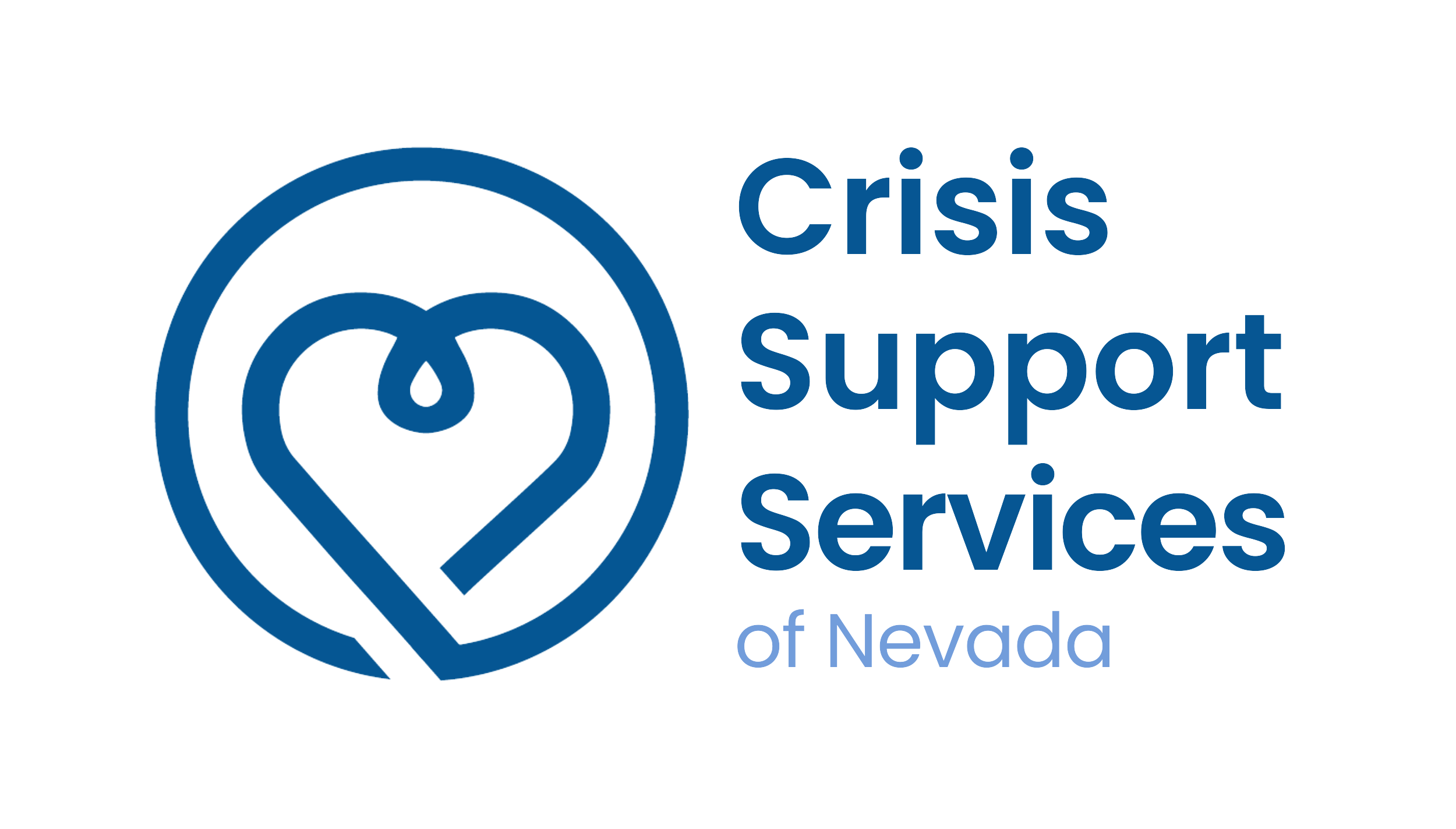The COVID-19 pandemic has impacted every person in Nevada in some way. Whether that is changes in employment, spending more time at home, or social distancing from others – stress and anxiety manifest themselves in a sum of changes. These sudden changes can leave you feeling isolated, depressed and even feeling hopeless.
When it comes to mental health, we often focus on helping others and we try our best to provide them with the support they need. However, equally as important as helping others with their struggles is helping yourself.
1 in 5 American adults suffer from mental health issues.
More than 40 million American adults have some sort of mental illness. Whether you have a mental illness or not, it is important to acknowledge your own feelings and identify how they are affecting your everyday life. It is okay to support others when they are feeling badly, especially in light of the difficult times we are all going through. However, your mental health is just as important. You can’t help others if you don’t help yourself first.
So, help yourself first.
Allow yourself to feel. Everybody has emotions and there is nothing wrong with that. Our feelings are a very important part of our everyday life. Our society has a tendency to stigmatize people who are struggling with mental health issues or feeling poorly in general. Not only is this mindset harmful, but it’s also based on a lack of understanding. Nobody understands your emotions better than you do.
Establishing a routine is also a great way to take time for yourself and prioritize what is important to you. Whether it’s going for a walk every day, journaling, exercising or video chatting with friends, staying connected with yourself and others can bring consistency to your life during these unpredictable times.
Do not ignore your feelings. Embrace them. Many people try to bottle up their feelings to make them go away. Doing this only makes those feelings grow stronger. Instead of pushing your feelings to the side,
Talk it out.
Sharing your feelings with someone you trust can make a huge difference. While it is important to help yourself, this doesn’t mean you have to do it by yourself. This person may have experienced similar feelings before or they may be going through the same thing as you in this very moment.
The Crisis Support Services of Nevada offers free, confidential support services 24/7. They are there to listen to you and support you through whatever you are feeling and experiencing. There is nothing wrong with receiving the support you need and deserve to feel better. Talking to somebody is a great way to address your feelings and take an important step in improving your mental health.
If you are addressing your feelings and sharing them with somebody you trust, but are having difficulty coping,
Seek a mental health professional.
These health providers are trained and qualified to give you personalized support. You may be able to connect with this resource through your employer’s Human Resources department. There are also online resources available such as Dr. On Demand. Dr. On Demand has a team of licensed and experienced therapists and psychiatrists who can help you from the privacy of your home. Receiving help from a mental health professional can help you gain better insight into your emotions, boost your wellness and give you hope and confidence in your future.
It’s okay to not be okay.
Mental health is important in every stage of life. It affects how you think, feel, and behave. During a crisis, it (mental health?) is all the more important (for what? Feel like this should be expanded on). Do not be afraid to seek help if you are feeling isolated, anxious, stressed, depressed, or suicidal. While it may be difficult to do at first, asking for help can have a huge impact on your mental health and give you the support and encouragement you need to see a better tomorrow.
It has long been said that there is a stigma associated with mental illness. What exactly is a stigma? According to the Mayo Clinic, “A stigma is when someone views you in a negative way because you have a distinguishing characteristic or personal trait that’s thought to be, or actually is, a disadvantage (a negative stereotype).” A stigma is caused by a lack of understanding, and it can make problems worse for those who have a mental illness. It can lead to feelings of shame, hopelessness, isolation, and an unwillingness to ask for help or get treatment.
The best way to fight the stigma around mental illness is to get talking and educate yourself and others. So let’s talk, and let’s start with the facts:
1 in 5 American adults suffer from a mental illness.
Resources available to you are offered 24/7, year-round. Call Crisis Support Services of Nevada at 1-800-273-8255 or text CARE to 839863 for anonymous help.

